Why Am I Constipated?

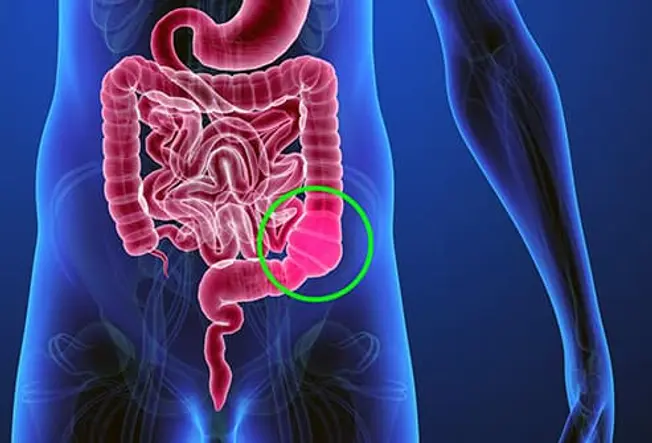
Are You Backed Up?
If you’ve had fewer than three bowel movements in a week or your stools are small, hard, lumpy, or tough to pass, you’re constipated. The cause isn’t always clear, but even if you don’t know why it’s happening, it usually passes on its own. If it doesn’t, your doctor can help you get things moving again.

Foods That Stop You Up
High-fat meats -- brisket, pork belly, ribs -- can cause constipation. Dairy products, eggs, rich desserts, and sugary sweets can, too. If you eat them, add plenty of fiber-rich vegetables and whole grains -- kale, collards, broccoli, wild rice, quinoa -- to your meals to stay regular.

Fiber Is Your Friend
Your body takes fats, carbs, and protein out of the food you eat and turns them into energy. Fiber can’t be broken down by your body -- but that’s a good thing. It creates “bulk” in your stool that takes up space and absorbs water, which keeps you regular. Eat plenty of fruits, veggies, and whole grains to make sure you get enough.
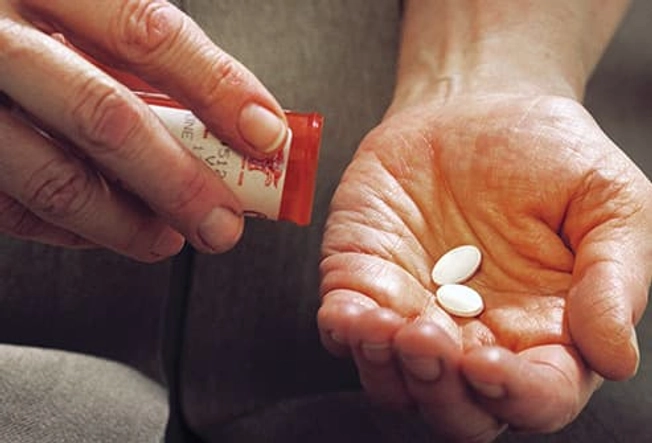
Medication
Drugs for a host of conditions -- like indigestion, muscle spasms, seizures, pain, kidney problems, and high blood pressure -- can trigger constipation. So can iron supplements. If you have a hard time going, talk to your doctor. If it’s your medication, they might be able to switch you to something that doesn’t cause that kind of trouble.

Anxiety
This can raise your blood pressure and heart rate and make you sweat. It also can lead to constipation because it affects the muscles that control how you go to the bathroom. Everyone feels it from time to time, but talk to your doctor if your anxiety doesn’t go away or causes problems in your daily life.

Pregnancy
Moms-to-be are more likely to get constipated. Daily exercise, more fluids, and more dietary fiber can help. If that’s not enough, talk to your doctor about what you can do to keep things moving while you’re pregnant.
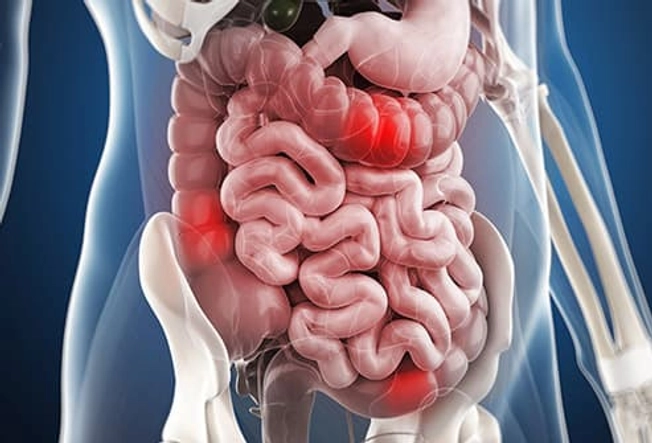
Irritable Bowel Syndrome
This condition can cause belly pain, gas, and cramps. It can also cause constipation, sometimes followed by diarrhea. Most people can control it if they manage what they eat and their stress levels, but some people may need medicine or counseling to manage IBS.
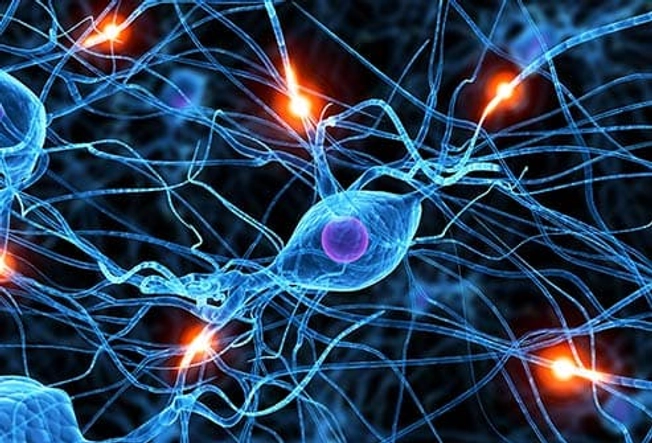
Other Health Concerns
Conditions that affect your brain and spine -- like Parkinson’s disease, spinal cord damage, or brain injuries -- can slow stools as they move through your intestines. Diabetes and problems with your thyroid gland can, too. Talk to your doctor if you think your constipation might be linked to a health issue.

Constipation and Age
You’re more likely to get constipated as you get older. That’s partly because you may be less active, but it’s also because your body slows down. Talk to your doctor about diet and lifestyle changes that can help you stay regular as you age.
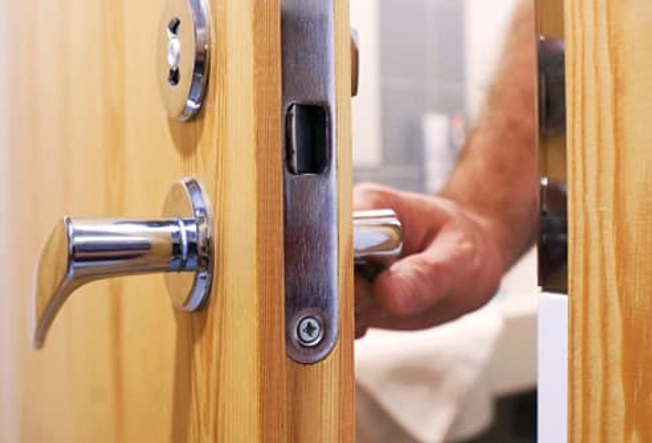
Listen to Nature’s Call
Try not to be too fussy about where you go to the bathroom. When you gotta go, go! If you ignore the urge, you may get stopped up. If you’re picky, try to be somewhere you feel comfortable each day at the time you usually have a bowel movement.

Stay Active
Gettting at least 30 minutes of exercise three times a week is good for your health, and it can keep things moving inside your body, too. Ask your doctor about drugs that can help keep you regular if you can’t get out of bed because of an illness or surgery.

Drink Up
Water and other sugar-free liquids can help you avoid constipation. You get a lot of the water you need at mealtime from fruits and vegetables, too. If you're not sure you're getting enough, have soup for lunch a few times a week.
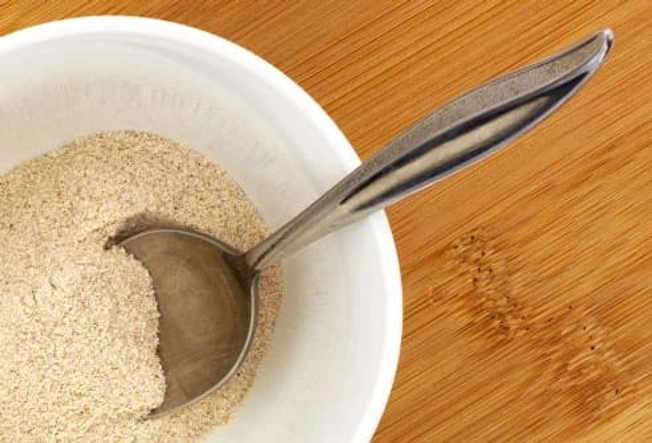
Laxatives Can Help -- to a Point
These drugs can help get things going again. Some make the muscles in your bowel move, and others soften the stool in your intestines so it’ll pass more easily. But they’re not a cure, and if you use them too often, your body can “forget” how to go on its own.
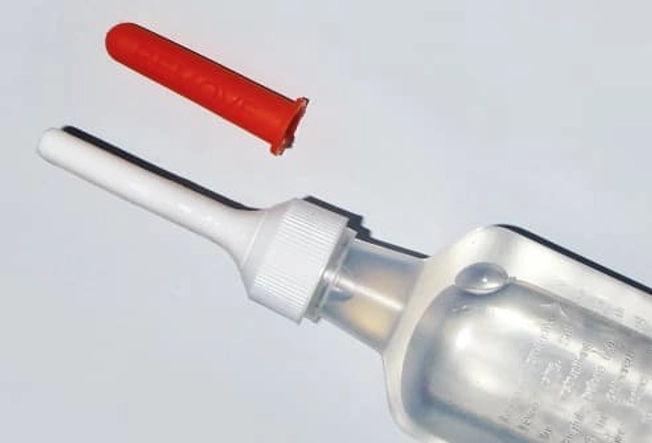
Be Careful With Enemas
Enemas come in pill and liquid form -- each kind is put in your system through your anus. It can help your body let go of the stool it's holding, but it also can damage your intestine. It shouldn’t be done often -- and then only with a doctor’s help or advice. Too many enemas may stop your body from working the way it should.

When to Call Your Doctor
Most constipation passes on its own or can be taken care of with diet and lifestyle changes. See your doctor if you're still having trouble after a few days, or if there’s blood in your stool, or you have serious stomach pain.